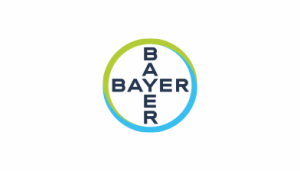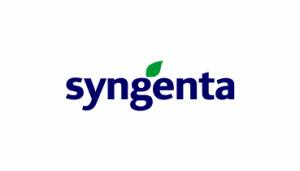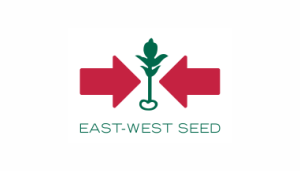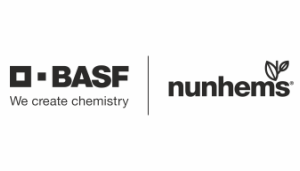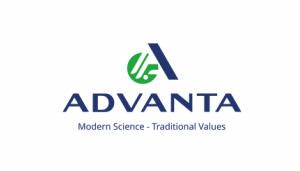ECHO Evolution
The introduction of hybrid seeds in the early 1970s has brought significant changes in the quantity and quality of production of various crops in India. It has not only contributed to the rise in productivity and quality, but also generated a substantial amount of additional employment in the agricultural sector. Despite its positive contribution, hybrid seed production in cotton and vegetable seeds gave rise to new forms of labour exploitation.
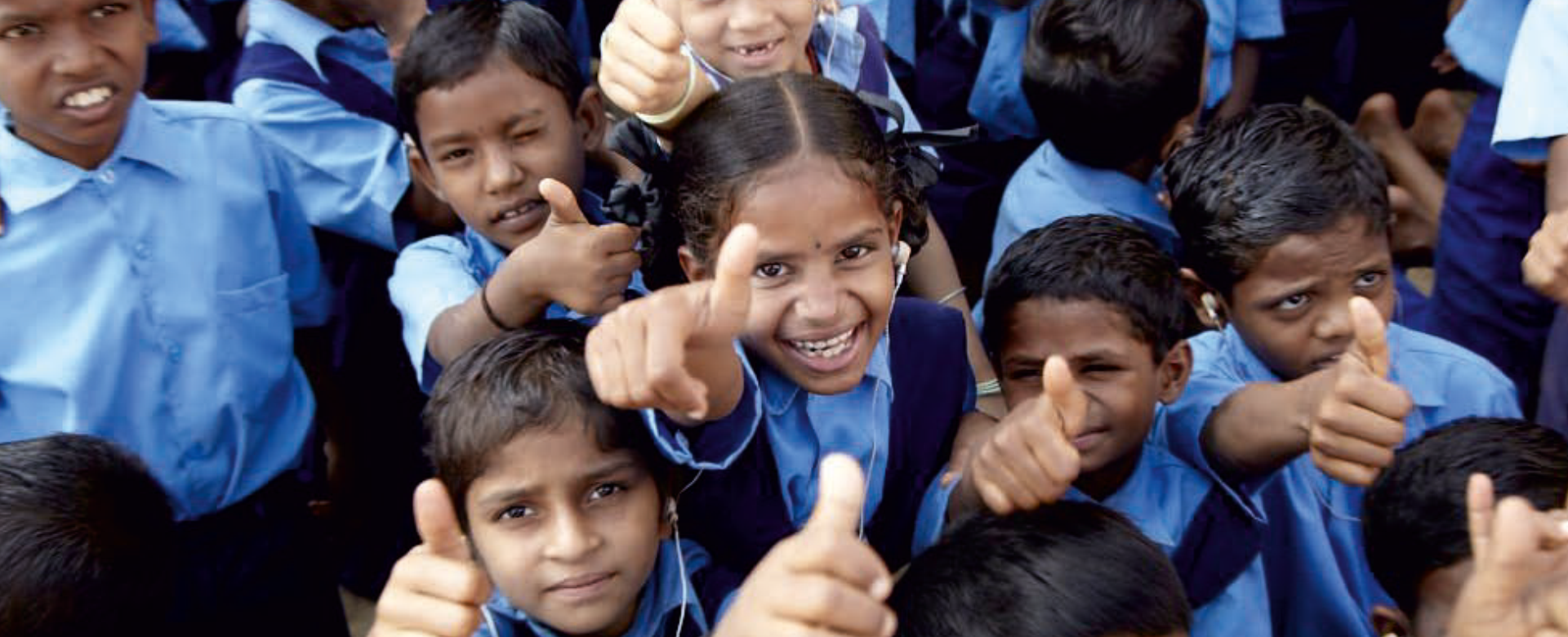
Farmers contracted by private seed companies started employing children particularly girls in seed production farms with impunity. Meagre compensation to the farm labourers and health and safety issues also grew in prominence. As the negative externality of seed production became more pronounced, it attracted the attention of social researchers, investors, global stakeholders. Pressure started mounting on the seed companies to tackle the issues and follow the triple bottom-line approach and this situation lead to united efforts of seed companies with other stakeholders like NGOs, investors, social researchers, government etc.,
With this idea, CLEG (Child Labour Elimination Group) an initiative of ASI (Association of Seed Industries) was taken shape way back in 2003, primarily focusing on child labour through combined efforts of seed companies and NGOs. Ever since inception of CCP from CLEG in 2005 as a platform for planning, reviewing and advocating relevant and suitable best practices for mitigating child labor issue in agriculture in general and seed supply chain in specific, CCP has been instrumental in bringing seed companies to work together towards a common and chronic issue of child labor and allied issues. Further, CCP is one of the most successful multi-stakeholder approaches globally and got accolades from government, social investors and national and international NGOs. Around two decades long journey of CCP helped the stakeholders to learn from the experience and develop critical understanding of the social and cultural aspects. This helped the member companies to create concrete solutions and ensure effective implementation. Thus, CCP team of seed companies, NGOs and social researchers had constantly upgraded their tools to handle social issues in seed supply chain processes. As compared to 2 to 3 seed companies as members of CCP in 2004, now it has reached more than 15 for considering the criticality of issues they are facing and the felt need necessitated and emerged from ground level issues. The brainstorming is not just limited to child labor menace and it is beyond that, issues like minimum wages, farm safety are also brought to the table. The efforts of CCP forum thus got appreciations from various stakeholders including social investors like Norwegian Government Pension Fund. Norges bank considering its ability to positively act upon the issues.
Considering over two decades experience and need to further strengthen CCP, members during June, 2017 meeting felt the necessity to aim at providing a proper frame work and set up for smooth functioning of CCP through formation of ECHO. The group has now transformed into ECHO forum for the seed industry that plans to bring cohesiveness and collective energy to the efforts against human rights violations in the hybrid seed supply chain. Thus, over last several years the industry and NGOs are closely working on various measures and have brought systematic changes with field bound monitoring mechanism to address child rights issues. The initiatives of the group have been successful in changing the mindset of rural community especially farmers, promoting a framework of guidelines to further bring down child labor by developing efficient Field Monitoring Systems, divisive Incentives & Sanctions Scheme, conceive ways and means to increase farmers’ profitability and productivity, make available low-interest credit schemes to farmers, mobilize community awareness about child labor and ‘Revitalize Education’ by establishing bridge schools in association with the renowned NGOs, to rehabilitate children from hybrid cotton and vegetable seed farms and stakeholder dialogue to continuously improve the program.
Considering the complexity and persistence of the issue, there is a need to ensure constant stakeholder engagement at various levels of sensitization, field auditing and reinforcement. Farmers, children, parents of children, farm labour, labour agents, school teachers, government officials, NGOs, researchers, advocacy groups, seed companies, investors, seed industry associations, social audit agencies – all these stakeholders have an equal role to play in the process and at every step of each process.
Taking the views of all stakeholders and developing an engagement and convergence model is key for success of ECHO Forum being a multi stakeholder platform. ECHO believes in this since its evolution from CLEG to CCP to ECHO and encourages a process of constant learning from communities, farmers, NGOs, research bodies, seed companies to understand local dynamics and accordingly customize most acceptable, sustainable and replicable models of ethical compliance in cotton, vegetable, corn and other crop seed supply chain.
RESEARCH . ADVOCACY . ACTION . ENGAGEMENT . COLLABORATION

